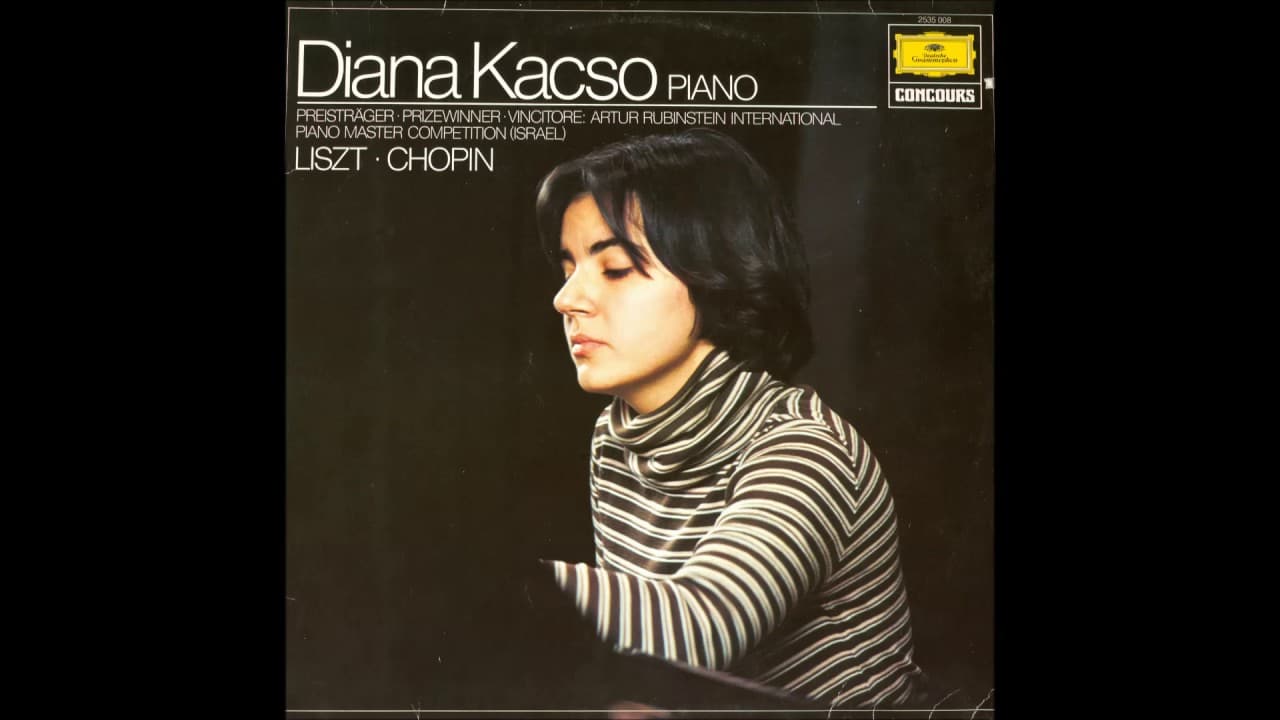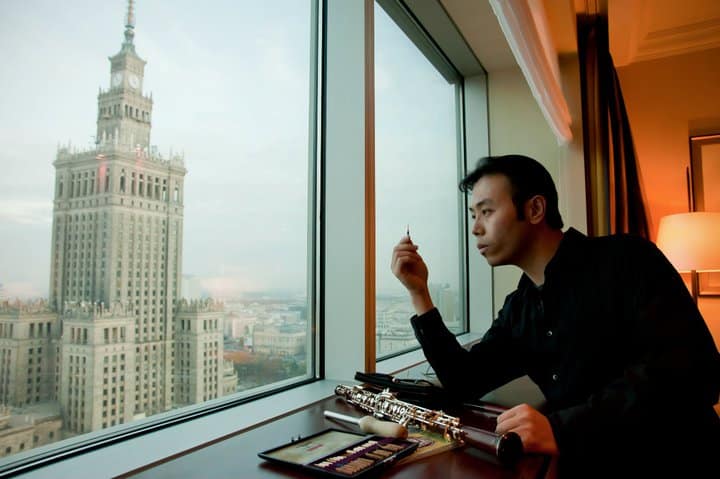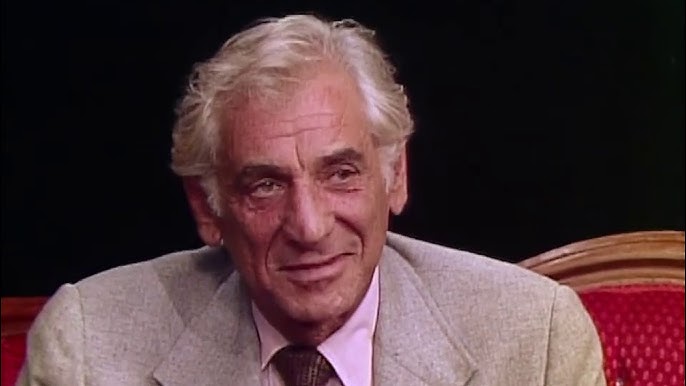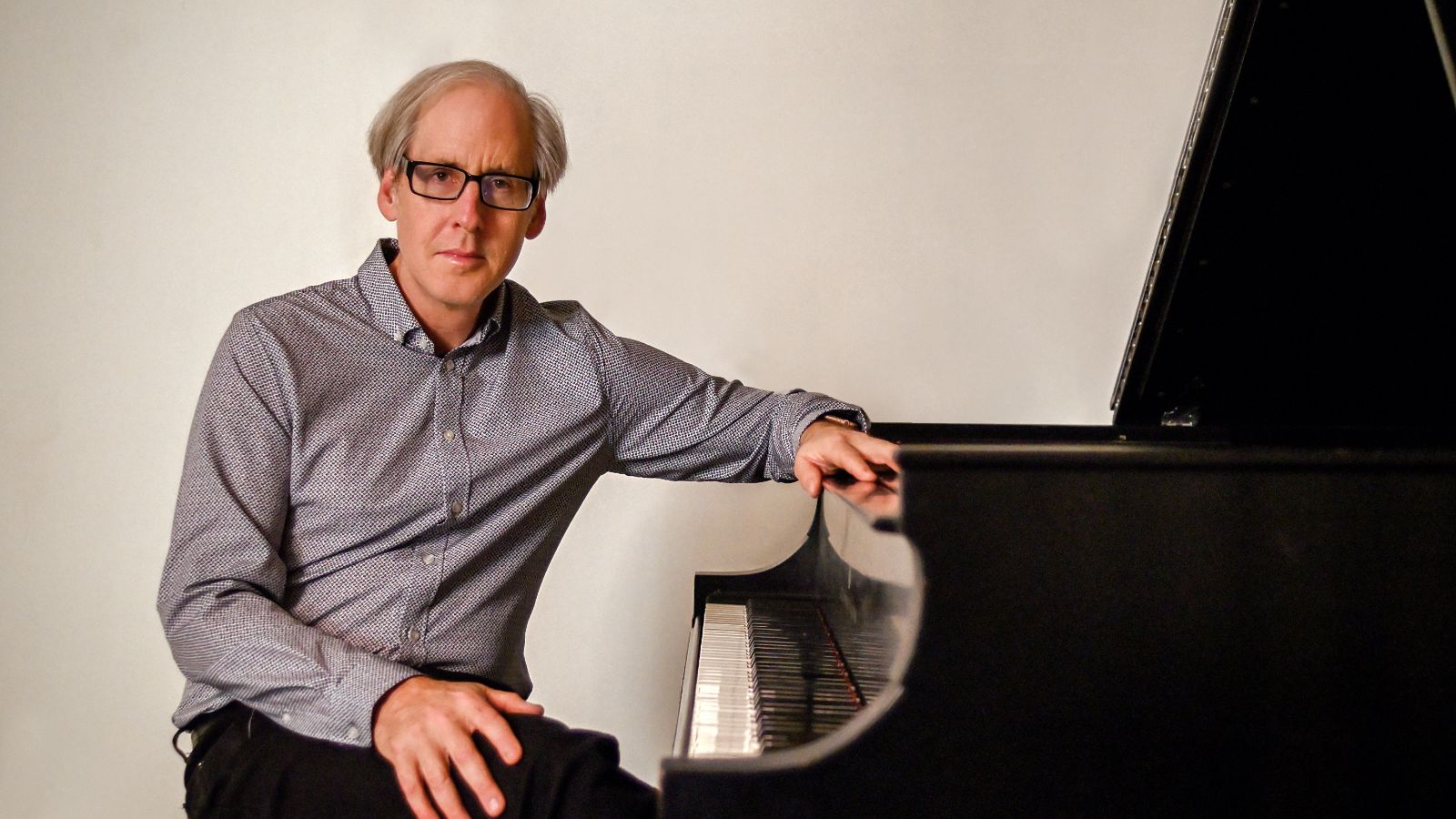Death of a runner-up pianist
RIPIn 1977-78, the Brazilian pianist Diana Kacso came second in the Leeds and Rubinstein competitions, followed by the Gina Bachauer.
She recorded one LP for Deutsche Grammophn, then took a 20-year career break, returning in 2007.
Diana died of cancer in Pittsburgh on March 1, aged 68.
A friend writes: ‘I remember her as an extremely lovely person. There was no pretense whatsoever in her manner. She was fun to be around and will never forget her infectious bubbly laugh!’






She didn’t actually record an album for DGG. Rather, they released live excerpts from her Munich recital on their short-lived “Concours” series.
Thank you for letting us know about lesser known artists….I am curious about this break….
Bit of a slip of the keyboard Norman. I heard Gina Bachauer a couple of times, I think in the late 60s; she died in 1976. Kacso came second to Michel Dalberto at Leeds and to Gerhard Oppitz in the Rubinstein.
Not a slip at all: In 1982, Kacso got 2nd prize at the Gina Bachauer competition.
Surely you could have used a more respectful term than “runner up pianist” for a death notice.
No, this is horrible news. I first saw – and fell in love with – Diana Kacso in the late 70s at her QEH recital following her podium success in Leeds. She played a superb Campanella before totally conquering the audience by missing the last chord by a country mile. Nobody cared, everybody loved her. I’ve often thought about her over the years and wondered what happened to a potentially stunning career. To leave so young is awful. RIP, and thank you for so many positive emotions.
Diana is someone I shall always remember. She took too prizes because she was a wonderful pianist. One of Sasha Gorodnitzki’s star pupils. Gone too soon. Her legacy is in her recordings and the many performances she left us.
Indeed Ms. Kacso won some important battles, but ultimately she lost the war – so therein lies a cautionary tale with respect to the fate of music competition winners. Winning often means that one’s playing was the least offensive to the largest number of jurors – but then it leads to disappointment because it turns out that this middle of the road player doesn’t have the goods to sustain a career. Ms. Kacso’s keyboard skills were indisputable, as was her lovely stage appeal – but while her prizes earned her chances for a performing career, the depth of her musicianship simply didn’t hold up. So, winners beware: that prize might get you there, but it won’t necessarily keep you there…
This has always been a situation facing young careers. The wins are great, often short-lived for the engagements which accompany the prizes, and yet, quite often, the losses can open up relationships for outside opportunities simply because there are eyes and ears who take a liking to a particular artist whether or not they win a prize. Launching a ship is one thing; maintaining it is another. In the days when Diana won these second prizes, these competitions held promise for these winners. The typical path would be studying with a fabulous teacher, winning competitions, securing representation, and slowly gaining momentum off that win. But since technology has evolved, careers develop more directly, and these older methods to acquire a career as a performer is different in some way, for some artists. There is a difference between making a big splash in a young career, and getting into the business of the music industry. It’s about relationships, repertoire, one’s niche etc. Depth of musicianship is not always the way one makes a career, because there are many performers who have talents which are more in depth than many who are on the circuit. Nothing new. If Diana was to start out today, perhaps she would have brought new piano music, solo, chamber and with orchestra into the repertoire by Brazilian composers. Perhaps she might have nurtured a new generation of young Brazilian composers. It is so sad that her health had declined. She was certainly respected among all of us during her young career. I admired that she had the stamina – physically and emotionally – to enter these big competitions and get through to the top prize slots. That, in itself, is a huge achievement. She brought pleasure to others, and, in the end, is a legacy worth noting.
Well, Jeffrey, you missed the point. In the case of Kacso and many other competition winners, her ship wasn’t launched at Leeds or Rubinstein because of her flotation potential – but rather because her playing offended the least number of jurors. So yes, she got a try-out on the circuit, where her skills simply didn’t hold up. What sparkles in a contest doesn’t always shine on the concert stage. In her case, she ended up fulfilling dates that the 1st prize winner couldn’t fulfill, as he was called up for military service in France. She accepted dates with newly learned concerti, her nerves interfered, the reviews were unfavorable, and finally her managers at Ibbs & Tillet said they could do no more for her. It was all so unfortunate, but her case demonstrates that a good student and a viable artist are 2 different things entirely.
Show a little more respect. Diana was a beautiful person who worked hard and long and was loved by fans, friends, and family. No, she’s not unique in that respect, and her skills may not have been up to your standard, but she just died of a painful disease. We should be commemorating the positives in her life, not using this page for arrogant, know-it-all criticism.
You’re right. Some people enjoy others’ failures, and justify their misery with banal considerations.
The DG LP is a cracker….Bought it for 99 cent in a charity shop many years ago…Worth releasing on CD